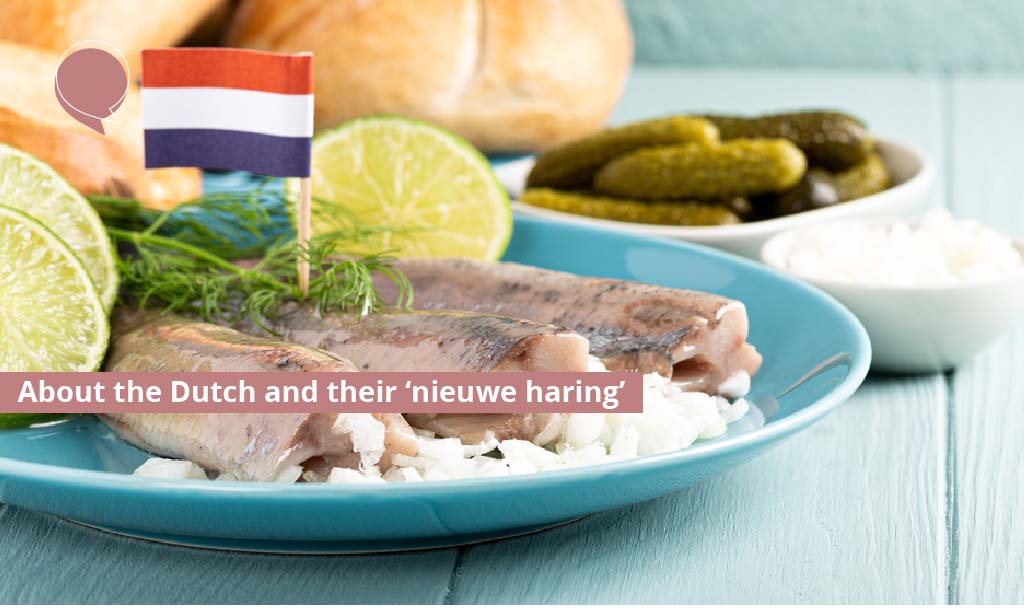
What Do You Mean: ‘Keep the Water In’?
September 2022 | Written by – Willem van Hoorn
It is September, and we are gradually rounding-off yet another hot and dry summer. Whether we like it or not: these summers are in line with climate scientists’ predictions, and will only become more likely in the future. I will be staying out of climate science, in this blog post. Rather I will focus on what the impact of the ever warmer, and particularly: dryer summers is on the Dutch mindset. Because it requires the locals to contemplate something they never ever had to contemplate essentially since people live here: keep the water in for periods of scarcity, rather than get rid of it any way they can. And that is stretching the national way of thinking to the limits.
The ‘struggle against the water’ is the very core of the Dutch narrative. And for good reasons! Essentially since people settled in this low lying country, with its traditionally wet climate, ‘trying to keep our feet dry’ has been the biggest possible national effort, especially in the west and the north. To the level that it has become deeply entrenched in our national mindset, as I explained in an earlier blog post.

We never get tired of telling anyone who likes to hear it (and maybe even everyone who has heard it a couple of times before): ‘We built this country from scratch. We have wrestled it from the sea’.
And, in all modesty (😉): the Dutch have become very good at it. Major engineering marvels, like the ‘Delta works‘ in the south west of the country attract interested tourists and experts alike, from all over the world. And the underlying knowledge, skills and technology are major Dutch export articles. We have canalized both the bigger and the smaller rivers in the country, and irrigated low lying parts. Everything we could do to get rid of the water in the fastest possible manner: we did it.
But now, propelled by global warming, we’re entering a new era. Dubbed by some ‘the anthropocene‘. In northwestern Europe, as in some many other parts of the world, the summers are not only becoming hotter and more dry, but increasingly, as the saying goes: when it (finally) rains, it pours! Extended droughts are sometimes followed by massive downpours of rain, which the parched soil is unable to take in all at once. With massive floods as a result. And both draughts and downpours are expected to become ever more frequent.
In the best Dutch tradition, we have been preparing for the downpours, in the past decade or so. By doubling down on activities that we were already good at. For instance by raising the dikes along the rivers, and by creating areas along the main rivers that can act as buffers in case of a massive inflow of water from the continent upstream.
But we’ve been comparatively slow in the uptake of measures to prevent the water from leaving the lands in the wetter seasons. And in part that is understandable, because, as explained above: that goes against the inner fibers of the Dutch national way of thinking!
Having said that: it looks like a change is in the making, triggered by the ten hottest years on record that have all occurred in this century. The realization is dawning: we had better start coping! And my guess is that, now that the awareness is there, the Dutch, with their ever-inclination to act, will start ‘doing’ things.
The first signs are there, often still on a local level. For instance cities rapidly making their centers more green, to create more shadow and to absorb the rain, rather than letting it run into the seweAndto initiatives like the national championship ‘tegelwippen’ (over a hundred cities and villages competing against one another how many bricks their citizens will remove from there gardens, and replace them by grass and flowers, for the same reason: become more green and allow ro rain to sink into the soil, rather than run away. From landowners building little weirs in the brooks and canals on their land to educational projects on schools and for citizens in general.


Willem van Hoorn
He works as a Policy Advisor Internationalization at Eindhoven University of Technology. He has been leading several projects and initiatives in the Brainport region to achieve integration and internationalization. When he’s not reading or writing, Willem is often brainstorming for innovative ideas, connecting with others, or bicycling towards the coast.
He is an exceptional Dutch Culture Expert and Storyteller!
To comment on this post or anything else you have seen on Expat Spouses Initiative page, please message us on Facebook or email us.

We Are Not Alone Campaign, is presented in collaboration with Expat Spouses Initiative – Eindhoven, LIVING IN, Holland Expat Center & Brainport Eindhoven. Through this campaign, we aim to bring the International community together and engage them actively.
In collaboration with

